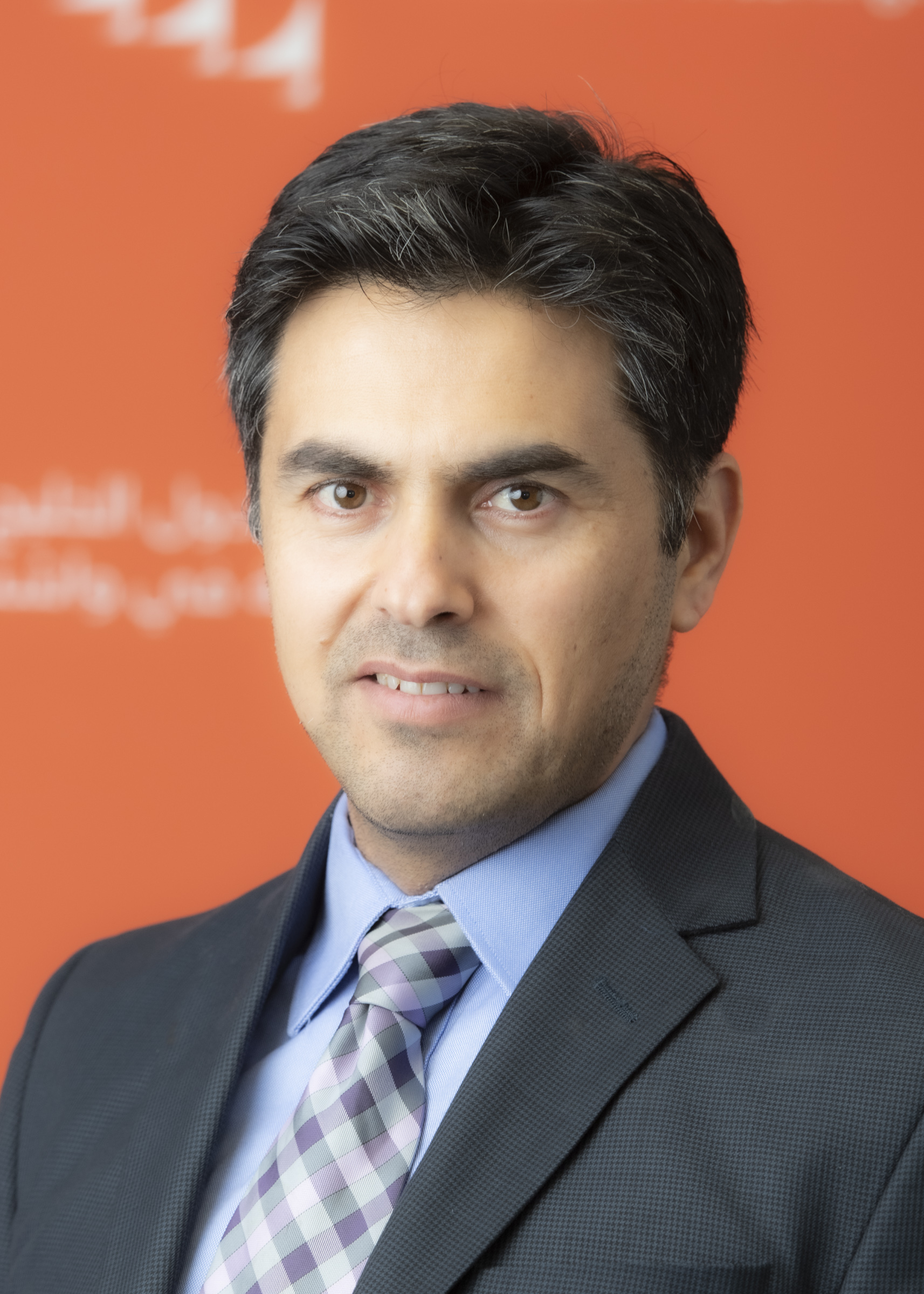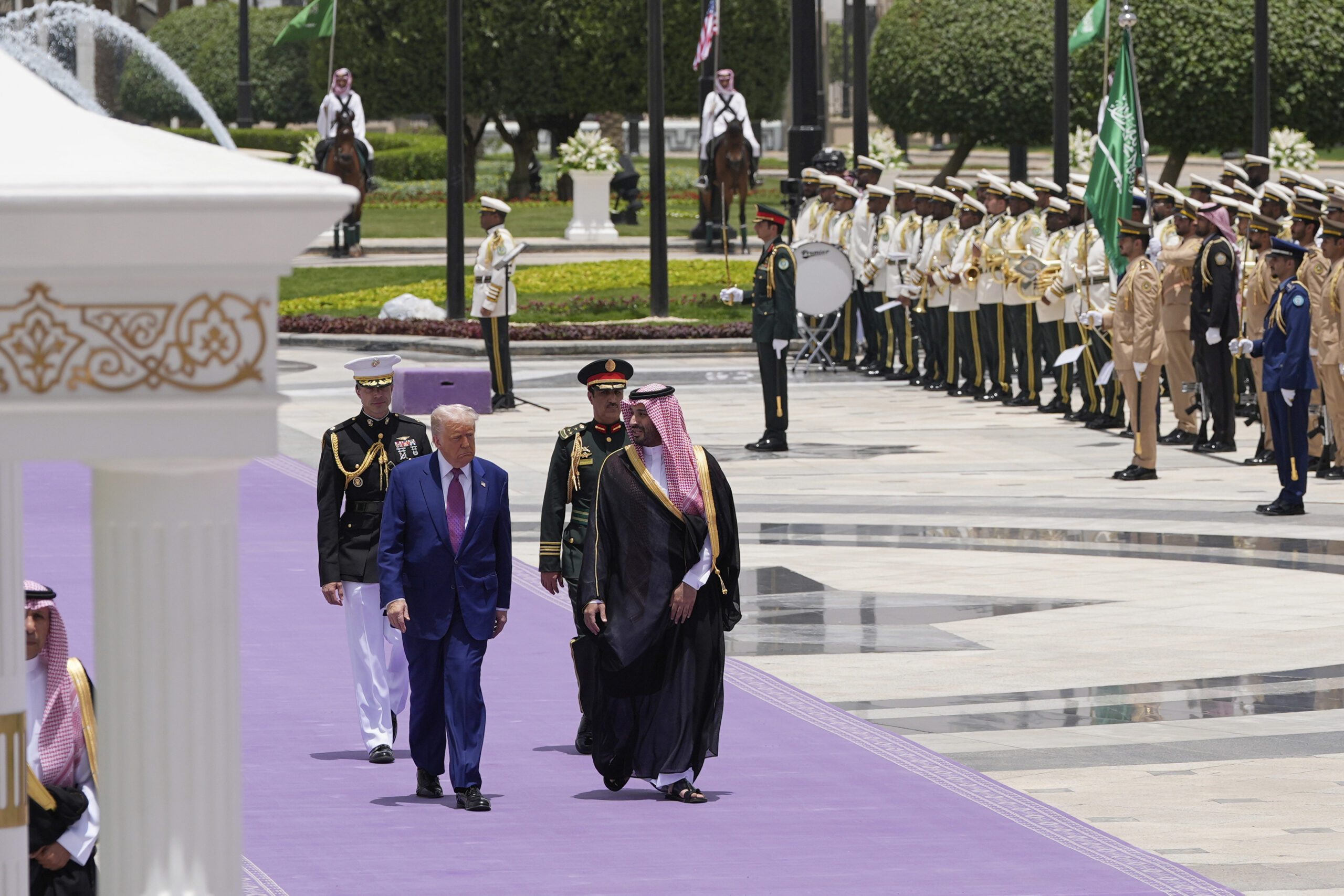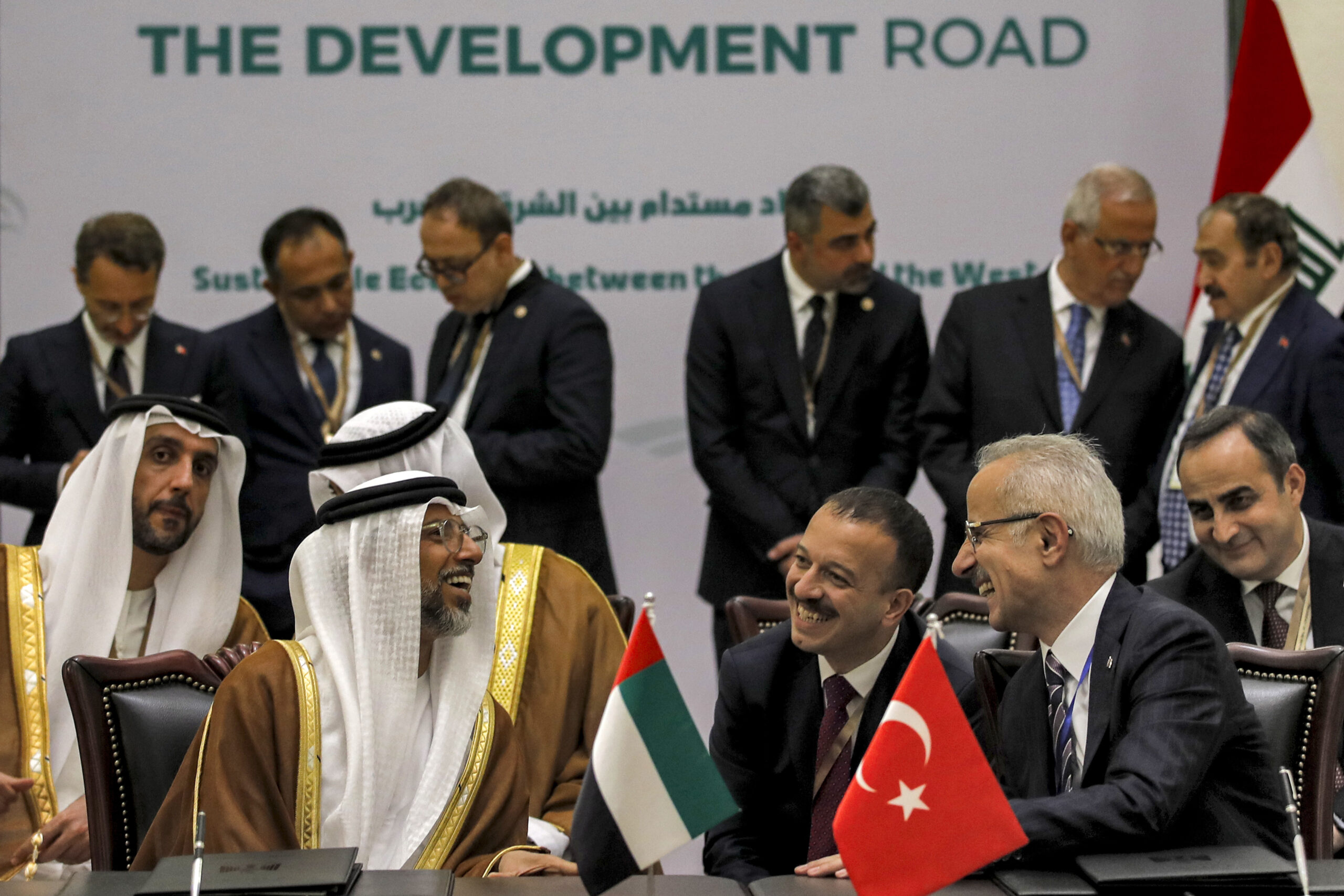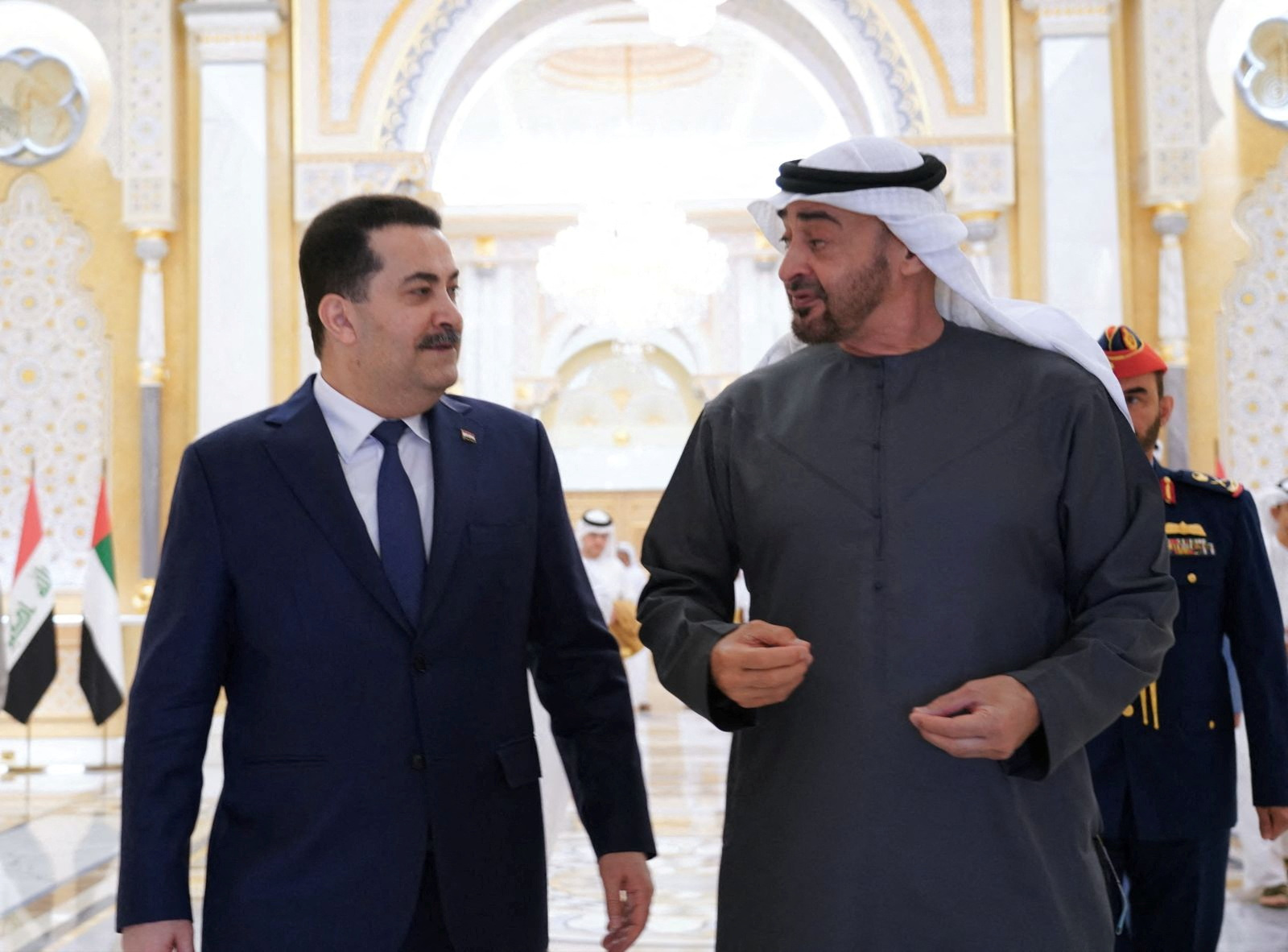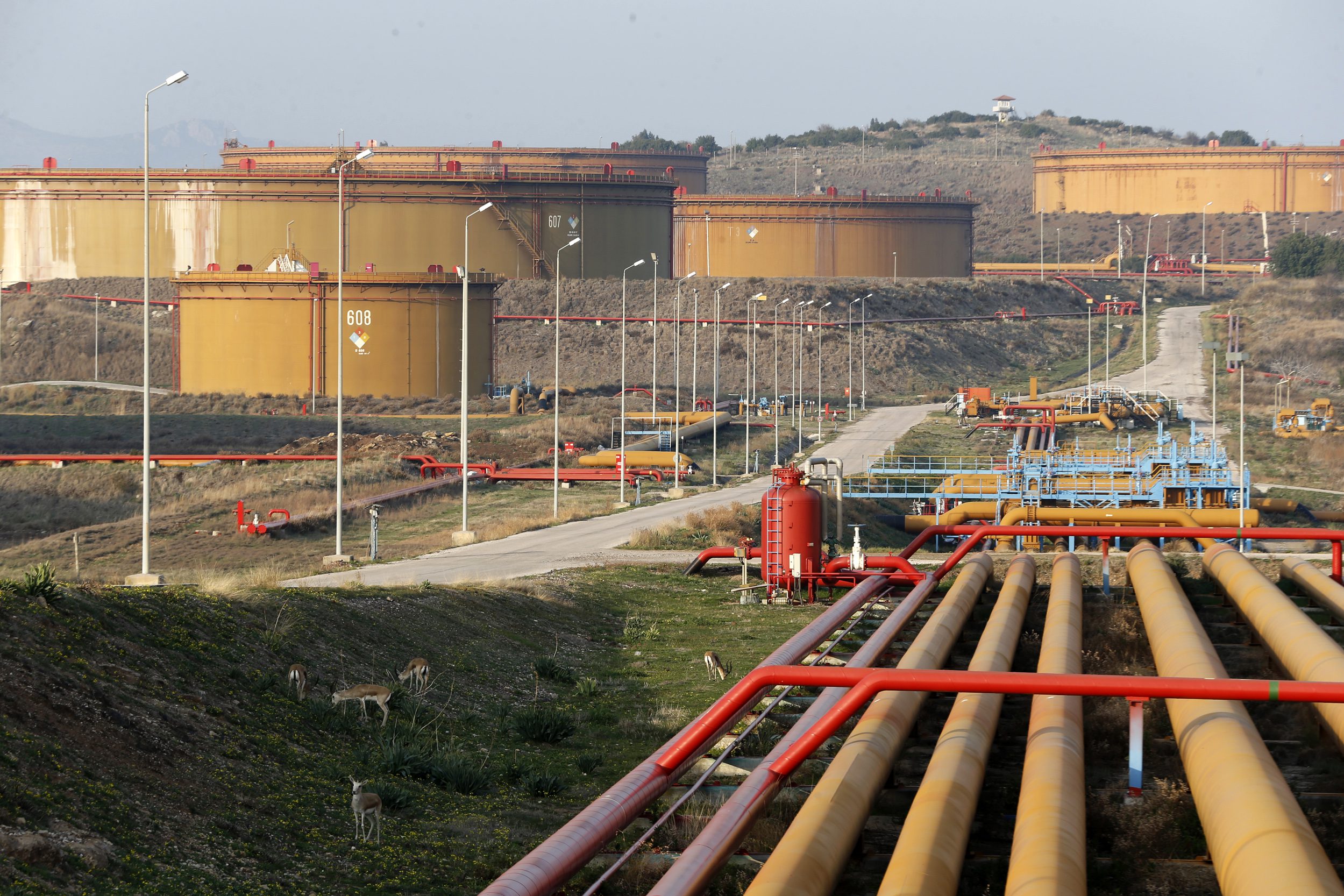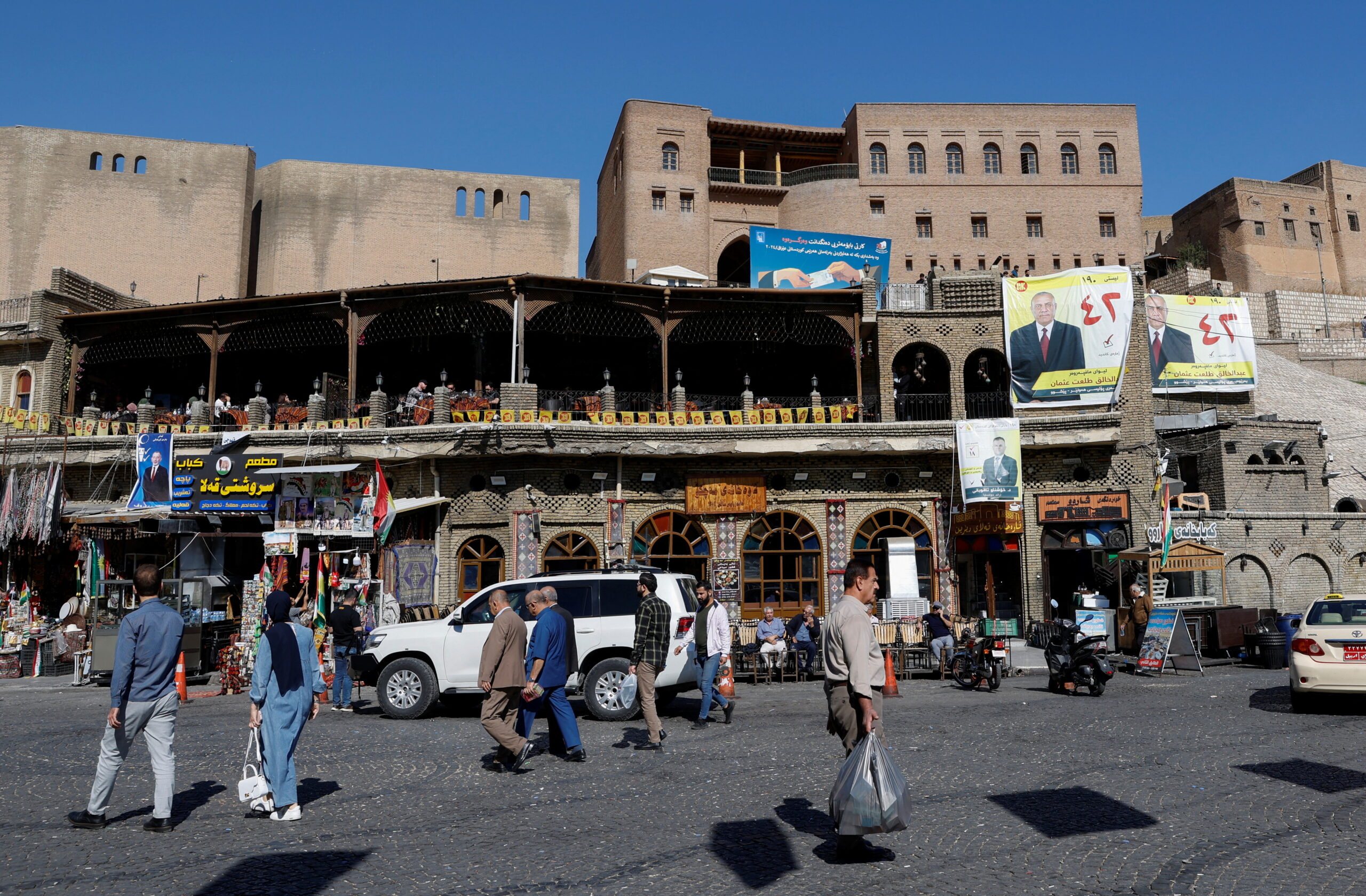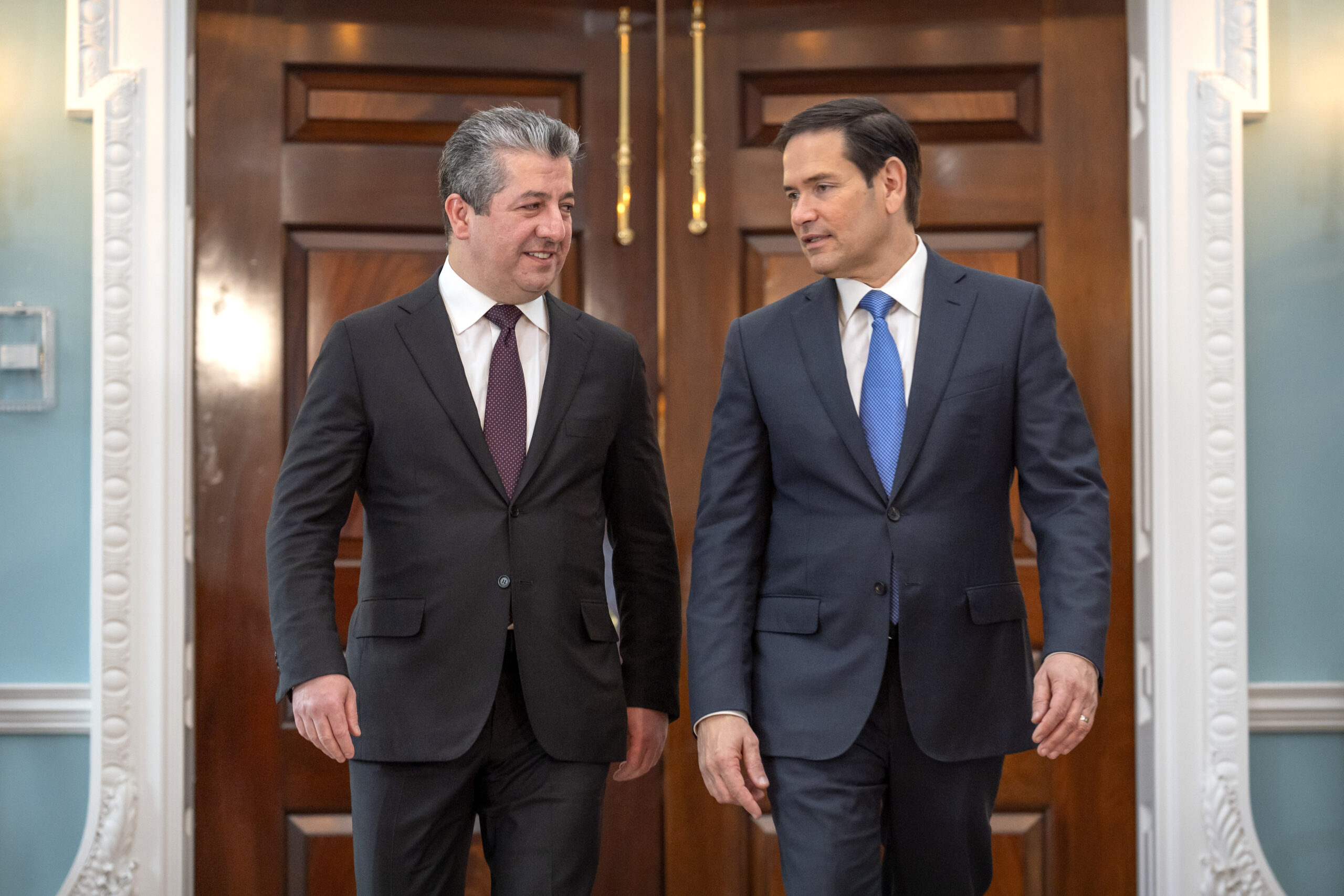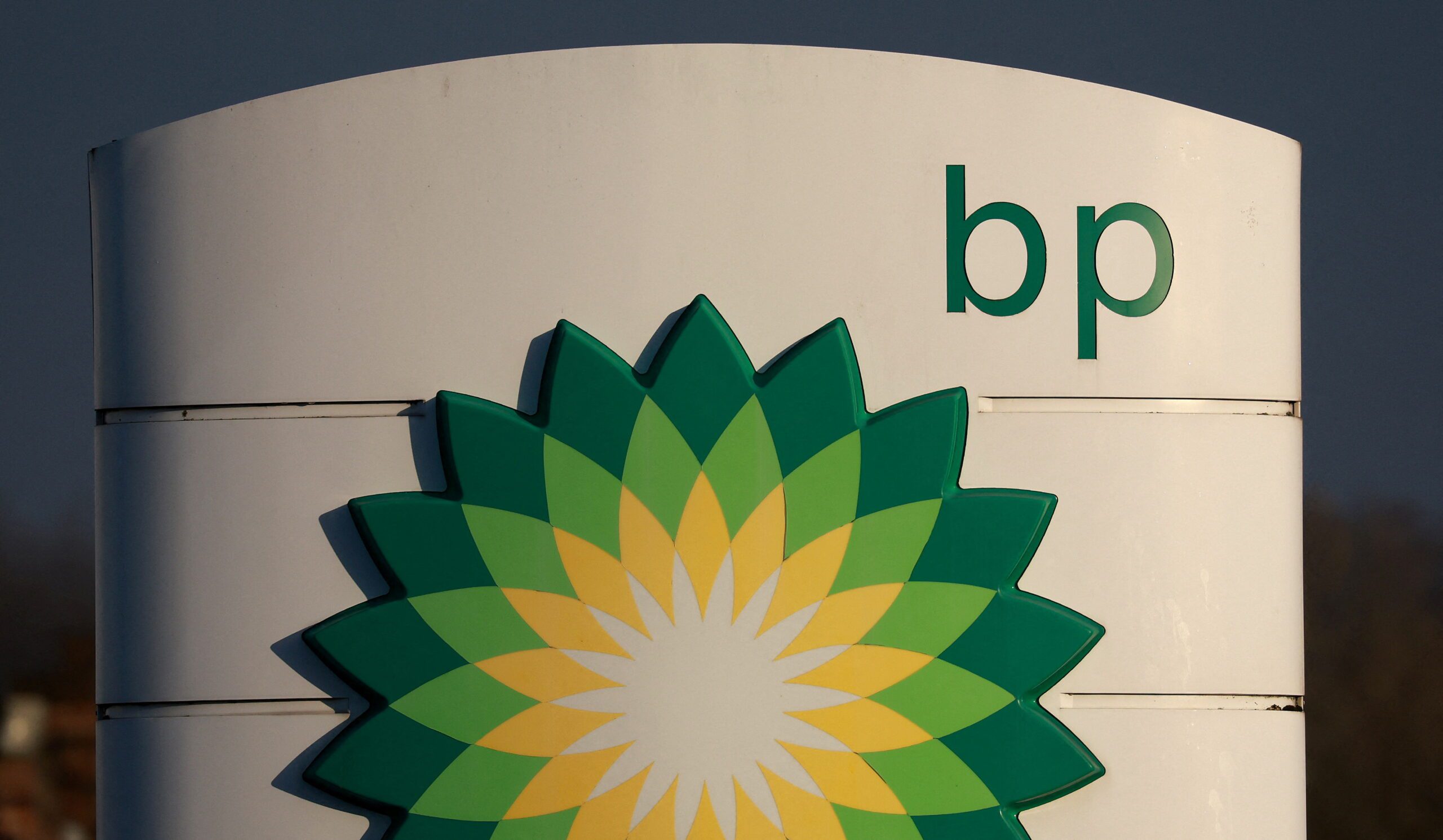Baghdad Summits Expose Cracks in Iraq’s Regional Ambitions
By hosting two regional summits, Prime Minister Sudani's government sought to strategically position Iraq's reentry into central Arab regional politics. However, internal divisions, regional mistrust, and shifting geopolitics exposed the limits of Baghdad’s ambitions.
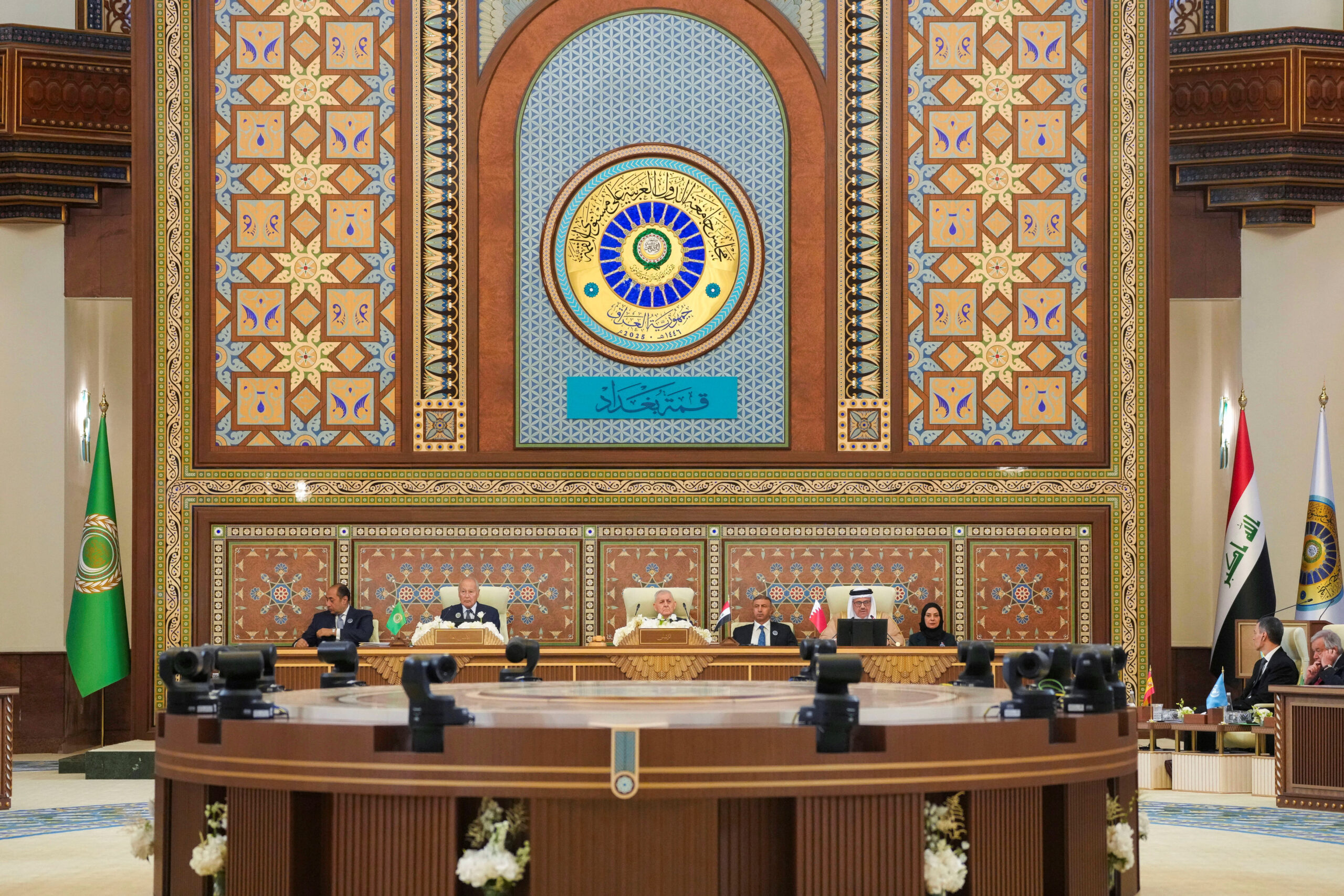
On May 17, Baghdad hosted the 34th Arab League Summit and the 5th Arab Economic and Social Development Summit. The two highly – at least symbolically – important but ill-timed gatherings were framed by Iraqi officials as a transformative moment aimed at projecting Iraq as a renewed power free from the gravitational pull of its tumultuous post-2003 history. The goal was to make these twin diplomatic events the hard-won dividends of arduous reconstruction and a conscious declaration that Iraq is no longer a passive battleground for external agendas between the East and the West but is instead a country that has shed its divisive past and is ready to be an architect of regional consensus. Instead, the summits exposed internal fractures, and a lack of participation signaled continued displeasure with Baghdad’s regional policies.
Iraq’s past experiences hosting the Arab League Summit set low expectations. During the 1979 summit in Baghdad, which followed the Camp David Accords, Iraq spearheaded the Arab League’s efforts to suspend Egypt’s membership, a decisive moment demonstrating Baghdad’s capacity to drive regional division. The 2012 summit, held after years of instability, yielded more diplomatic fanfare than concrete, lasting progress.
In stark contrast, the 2025 summits came at a moment when Iraq had pushed back the existential threat of the Islamic State group and invested significantly in rebuilding the sinews of its state. Prime Minister Mohammed al-Sudani’s government sought to project an image of Iraq not just as a stable entity but as an indispensable facilitator of regional dialogue, capable of shaping, rather than merely reacting to, regional agendas.
However, Iraq’s bold ambition to reclaim its historical mantle as a central regional broker has faced domestic and regional challenges. Domestically, deep and vocal divisions have emerged regarding Sudani’s handling of the summits. He faced accusations of attempting to leverage the event for personal political gains, potentially at the expense of broader political consensus as well as Iraq’s sovereignty and interests. Regionally, Baghdad’s historical political and military prowess has been increasingly overshadowed by the Gulf Arab states’ expanding geopolitical and economic influence. And even the new rulers in post-2003 Iraq have failed to reassure their neighbors that Iraq is not a source of threat for them but a source of peace and prosperity.
A Bid for Participation
Sudani, the driving force behind this diplomatic offensive, cast the summits as a critical opportunity to forge a unified Arab front on issues including the urgent humanitarian crisis in Gaza, the reintegration of Syria into the Arab fold, and initiatives toward deeper regional economic integration, in which Iraq is a vital node to a more interconnected Middle East.
After months of planning, the summit’s organizers, including the prime minister’s office, actively reached out to heads of state throughout the Arab League. This effort to incentivize participation involved significant expenditure, with Iraqi media reporting estimates ranging from $180 million to $600 million, as well as a wheat donation sent to Tunisia to encourage the participation of its president.
These efforts were met with controversy and fueled domestic skepticism in Tunisia. Particularly, the issue of the wheat donation to Tunisia, estimated at a substantial 50,000 tons by Sudani’s government, ignited debate in traditional and social media in Iraq and Tunisia just days before the summit. Sudani’s gesture was widely viewed by Tunisian opposition circles as a thinly veiled bribe intended to persuade the Tunisian president to attend the summit in person. Abdelwahab Hani, leader of the Tunisian Al-Majd Party, sharply criticized the move, writing: “Regardless of the motives behind the commendable Iraqi donation, it is unfortunate that Tunisia has transformed from a country that attracts book donations to a stricken country that attracts wheat donations.” The criticism extended to the very framing of the gesture. Maher al-Abbasi, a former leader of the Tahya Tounes Party, directly addressed the Tunisian president declaring: “If you want to go to Iraq and attend the summit, that’s your business. But don’t accept this gift, which is equivalent to only five days of our daily grain consumption, or $15 million, while Tunisia’s 2025 budget is $20 billion.”
In Iraq, economic expert Mazin Al-Eshaiker sparked debate on X by labeling the May 17 summit in Baghdad the “Shia Summit.” He raised concerns about resource allocation, questioning, “If the leaders of Syria, Lebanon, and Tunisia decide not to attend the Shia summit in Baghdad on May 17, will they be asked to return the free wheat gifts?” Critics asserted that Sudani lacks the authority to give away national assets, which they stressed belong to the people.
However, despite this extensive preparation and considerable investment, the summit was conspicuously marked by the absence of 16 out of the 22 Arab League heads of state. Notably, none of Iraq’s immediate Arab neighbors attended at the highest level. Out of all the Gulf Cooperation Council countries, only Qatar’s emir attended, but he left without addressing the summit.
Exposing Internal Fractures
The limited participation of high-level representatives at the Baghdad summit, a disappointing return on invested efforts and money, can likely be attributed in part to persistent intra-Shia factionalism and the security concerns it presents. The prime minister’s unannounced trip to Doha in April, where he met Syrian interim President Ahmed al-Sharaa under Qatari mediation, reportedly blindsided his chief patron, former Prime Minister Nuri al-Maliki, and other heavyweights within the governing Coordination Framework. To add insult to injury, Sudani extended an invitation to Sharaa to attend the Baghdad summit, which brought a wave of anger against the prime minister.
Militias aligned with Iran, including Asaib Ahl al-Haq and Kataib Hezbollah, alongside Maliki’s own Dawa Party, brandished outstanding Iraqi arrest warrants dating from Sharaa’s previous identity as Abu Mohammad al-Jolani (a nom de guerre), an al-Qaeda commander accused of orchestrating devastating bombings in Shia districts from 2005-11. Their demand that he be detained upon arrival framed the invitation as a profound affront to the victims of terrorism and a violation of Iraq’s judicial sovereignty.
Maliki publicly lambasted Sudani for bypassing essential coalition consultation processes and avoiding taking responsibility for the invitation when he framed it as a “League decision.”
Maliki said that Sudani’s decision to invite Sharaa and his trip to Doha were part of a calculated effort to bolster his reelection campaign and secure the attendance of Gulf leaders at the summit.
By extending an olive branch to a leader who has already been welcomed by Gulf monarchs and even met President Donald J. Trump, Sudani probably wanted to signal that Iraq was ready to open a new chapter and surf the same geopolitical wave currently drawing Syria back into Arab orbit and, to some extent, Western circles. A successful appearance by Sharaa at the summits would have been a powerful validation of Iraq’s audacious claim that it is a regional consensus builder. Furthermore, it could have sent a message that Baghdad could convene adversaries under one roof and mediate hard issues.
However, the intense domestic backlash proved insurmountable. In response to vociferous protests by extremist Shia factions in Baghdad and elsewhere, the Syrian president’s office ultimately announced that Sharaa would not participate in the summit and would instead send the foreign minister. The decision, while averting a potentially volatile confrontation in Baghdad, underscores the limits of any Iraqi prime minister’s autonomy – especially one who was appointed by powerful Shia factions – and the power of internal political forces to shape foreign policy.
Moreover, the path to securing attendance for the summit, even before Sharaa’s withdrawal, revealed Baghdad’s limited bargaining power. Gulf leaders reportedly tied their personal attendance at the Baghdad summits to two specific conditions: Iraq’s acceptance of the Khor Abdullah maritime security pact with Kuwait and the inclusion of Sharaa. Agreeing to these terms would expose Baghdad’s weakness vis-a-vis its wealthier, more strategically aligned neighbors. The subsequent withdrawal of Sharaa further highlights how Baghdad’s past mistakes as well as hard-line actions by certain factions continue to undermine trust between Iraq and its neighbors.
By contrast, several Sunni political blocs voiced support for the invitation, viewing it as tangible proof that Baghdad can engage with a Sunni-led Damascus and potentially attenuate Iranian sway in both capitals. It had offered Sudani a rare, albeit now thwarted, chance to broaden his political capital beyond the confines of the traditional Shia establishment. But it inadvertently deepened an old communal fault line within Iraq. And Sudani’s patrons are likely viewing him increasingly as a liability jeopardizing his bid for a second term in the November parliamentary elections.
Moreover, in a bold challenge to the Iraqi state, some Shia factions replaced national flags with sectarian banners along the Baghdad airport road. For potential attendees, the act starkly exposed the central government’s fragile authority and reinforced the perception of performative stability. This tangible lack of state control likely contributed to regional leaders’ decisions to abstain, driven by both security concerns and the desire to avoid the personal humiliation of traveling beneath sectarian symbols.
Overshadowed by Trump’s Gulf Tour
Compounding these significant internal and external challenges was the potent dynamic introduced by Trump’s high-profile tour of three GCC countries. With sweeping multibillion “mega deals” spanning economic, technological, and defense sectors, and even including a meeting with the Syrian president, the tour overshadowed the more nuanced multilateral efforts underway in Baghdad. Trump’s brand of swift, often transactional, bilateral diplomacy, focused on high-impact agreements and personal rapport with Gulf leaders, is designed to capture global headlines and project U.S. influence. Regional actors, long accustomed to this style, may view the slower, more deliberate pace of multilateral consensus building in Baghdad with skepticism. This stark juxtaposition of diplomatic styles also presented a formidable hurdle for Baghdad in capturing and holding regional and international attention despite inviting more than 500 journalists.
The Baghdad summits, which were intended to strategically position Iraq’s reentry into central Arab regional politics, fell short. Despite considerable preparations, internal divisions, regional mistrust, and shifting geopolitics undercut the gathering’s aspirations. The absence of key leaders, controversy over Syria’s invitation, backlash from aligned militias, and perception of performative security all contributed to undermining the narrative of a revitalized, sovereign Iraq. Ultimately, rather than demonstrating leadership and consensus-building capacity, the summits exposed the fragility of the Iraqi state, riddled by deep structural dysfunction and competing loyalties, hindering Baghdad’s ability to chart a new regional path amid a broader regional geopolitical realignment.
The views represented herein are the author's or speaker's own and do not necessarily reflect the views of AGSI, its staff, or its board of directors.
